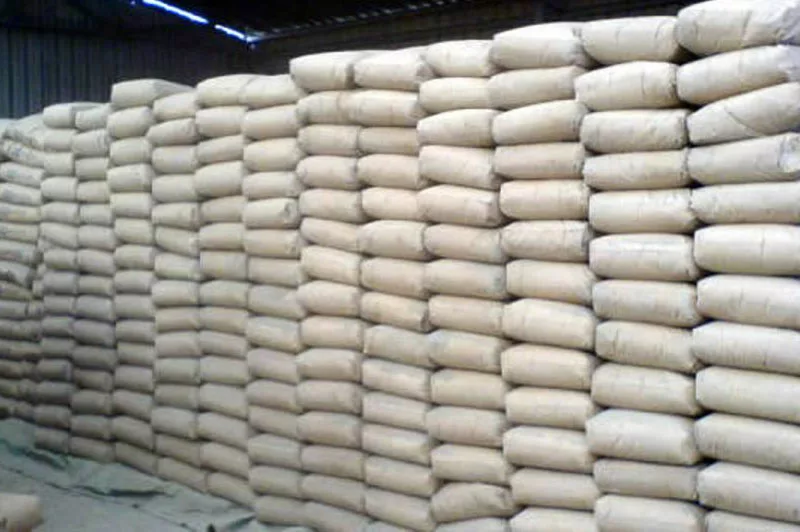Financial analysts at CardinalStone Research predict a rebound in Nigeria’s cement industry in 2024, driven by renewed government emphasis on infrastructure development and construction projects. The analysts, in their report titled: ‘Nigeria Cement Sector 2024 Outlook,’ anticipate increased demand for cement products due to augmented budget allocations to crucial sectors and ambitious infrastructure initiatives, amounting to N1.32 trillion, representing 5.0 per cent of the total federal government 2024 budget.
Reflecting on the challenging year of 2023 marked by demand-suppressing factors like a cash crunch from poorly executed currency redesign policy, currency devaluation, and heavy rainfall, the analysts foresee a gradual recovery in 2024. Cement manufacturers are adjusting their production strategies, focusing on capacity expansion and efficiency improvements to meet the expected rise in demand.
While acknowledging persistent challenges, the analysts express cautious optimism about Nigeria’s cement industry in 2024, highlighting potential growth opportunities amid the recovery phase.
Potential Price War and Government Intervention
The analysts highlight the possibility of price reactions from other players following BUACEMENT’s ex-factory price reduction to N3,500 in October 2023. Public concerns about rising cement prices may prompt government intervention to alleviate the high cost.
This combined effect could drive higher demand, subsequently impacting cement volumes.
Inauguration of the Infrastructure Support Fund (ISF)
The new administration, led by President Bola Ahmed Tinubu, has introduced the Infrastructure Support Fund (ISF) as part of measures to boost the economy and counter the inflationary impact of the petrol subsidy removal. Expected to commence in FY’24E, the ISF aims to revamp transportation, upgrade farm-to-market roads, and fund projects in health, education, power, and water.
Federal Mortgage Bank of Nigeria (FMBN) Recapitalization
The focus on raising the minimum capital for the Federal Mortgage Bank of Nigeria (FMBN) to N500 billion is anticipated to positively impact cement consumption in the medium-to-long term. The recapitalization exercise aims to improve capital access for home builders, supporting cement consumption in FY’24E and beyond.
Road Infrastructure Tax Credit (RITC) Scheme
Continued private-sector participation in the RITC scheme instituted in 2019 is expected to support cement demand. The scheme, set to expire ten years from the commencement date, is likely to attract more private-sector participants benefiting from associated tax concessions.
AfCFTA Participation to Drive Exports
Full participation in the African Continental Free Trade Area (AfCFTA) is projected to boost cement exports, particularly for major players like DANGCEM and BUACEMENT. BUACEMENT has reported c.€7.0 million in exports as of 9M’23, aiming to capture new markets in Africa.





